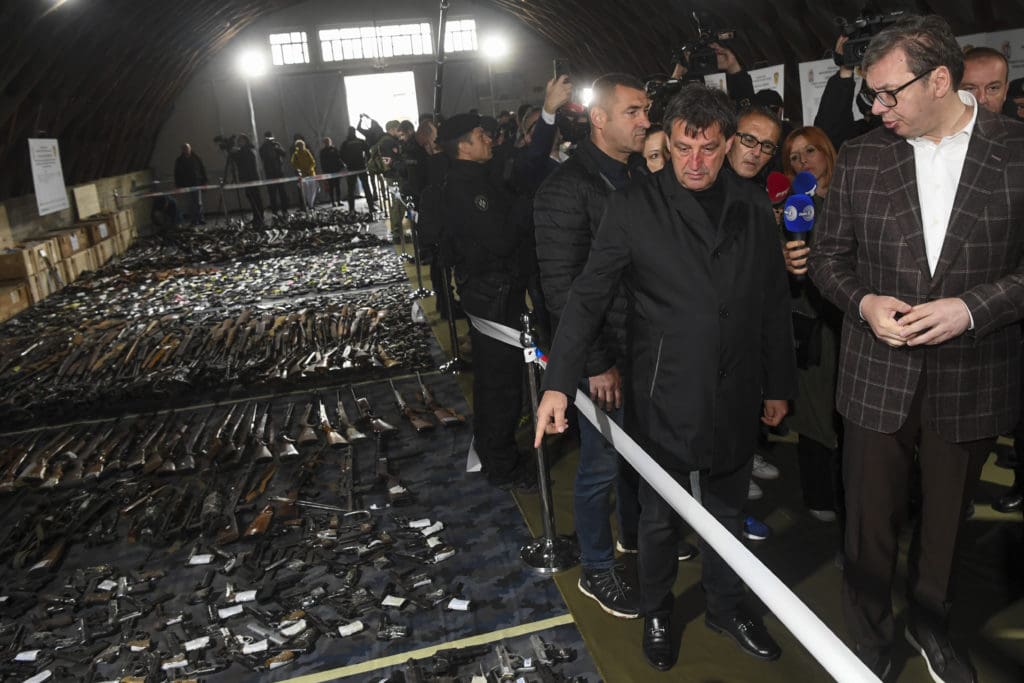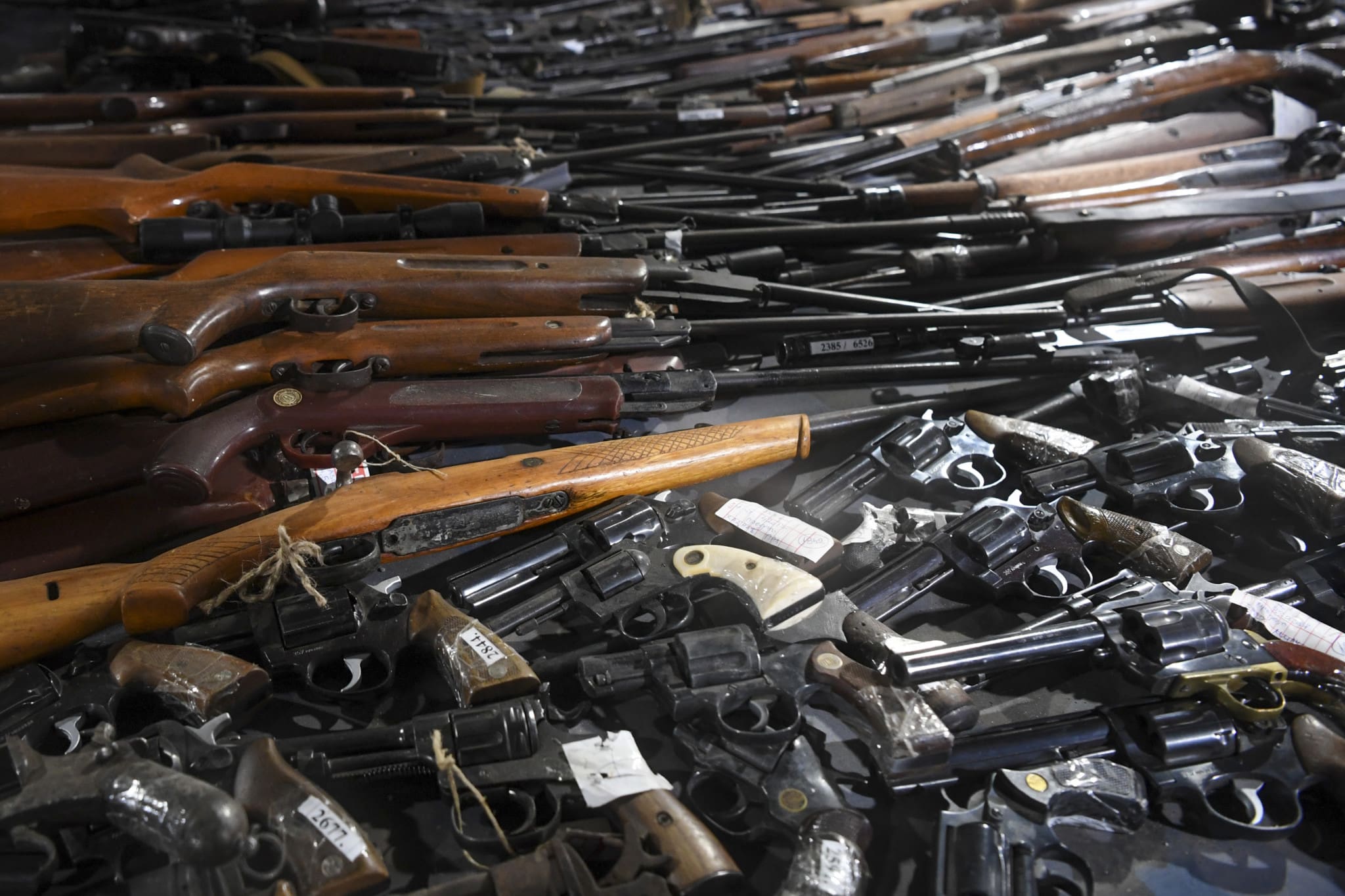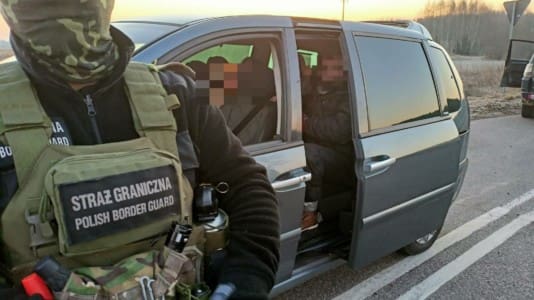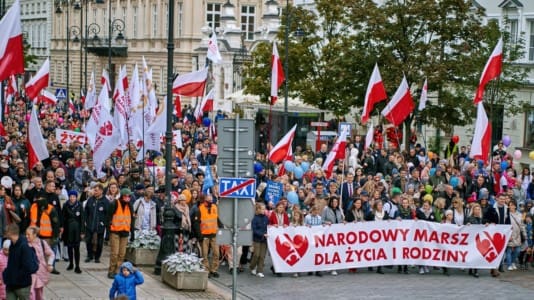After 18 people were killed in two separate shootings in the beginning of May, the Serbian government warned it would “disarm Serbia,” and it appears to have at least partially succeeded, with Serbs turning in over nearly 100,000 firearms to the government during a short amnesty period.
“The police achieved a historic success, as the citizens of Serbia handed in 94,000 weapons and 3.2 million rounds of ammunition in the arms surrender campaign,” said Serbian Minister of the Interior Bratislav Gasic. “The Ministry of Home Affairs is diligent in its work, and when it comes to checking weapons and ammunition, the police have not made a single mistake.”

Serbia’s president had earlier warned that he was going to “disarm Serbia” following the mass shootings.
“All people who own weapons — I’m not talking about the roughly 400,000 people with hunting weapons — will be subject to an audit, and then no more than 30,000 to 40,000 guns will be left,” Serbian President Aleksandar Vucic said at the time. “We will almost completely disarm Serbia.”
Serbs are some of the most well-armed people in the world. Data from the Swiss research project Small Arms Survey shows that Serbia has the third highest per capita gun ownership globally after Yemen and the United States. The Swiss study also showed that there are 39.1 light weapons per 100 people in the Balkan country. Other studies have estimated that the country of 6.6 million has 1 million firearms.
After the amnesty concluded, the government is now threatening severe penalties for those who still possess illegal firearms.
The government announced the gun amnesty after a 13-year-old student shot dead nine classmates and a security guard at his school in Belgrade on May 3. A day later, a young man killed eight people with a firearm in a village near Belgrade. The two cases deeply shook Serbian society.
Some were critical of the government, claiming that Serbs own a large number of unregistered firearms due to the country’s history of conflict in previous decades and that actively disarming the people over the mass shootings was disproportionate. There are still many weapons in Serbia from the Balkan wars, including assault rifles.
The government has also tightened the procedures for issuing new gun licenses, with Serbia’s Interior Ministry instituting a two-year moratorium on new permits.
“We know this will not happen without causing friction — but the fewer rifles there are, the less danger there is for our children and citizens,” Vučić said at a press conference following the shootings.






